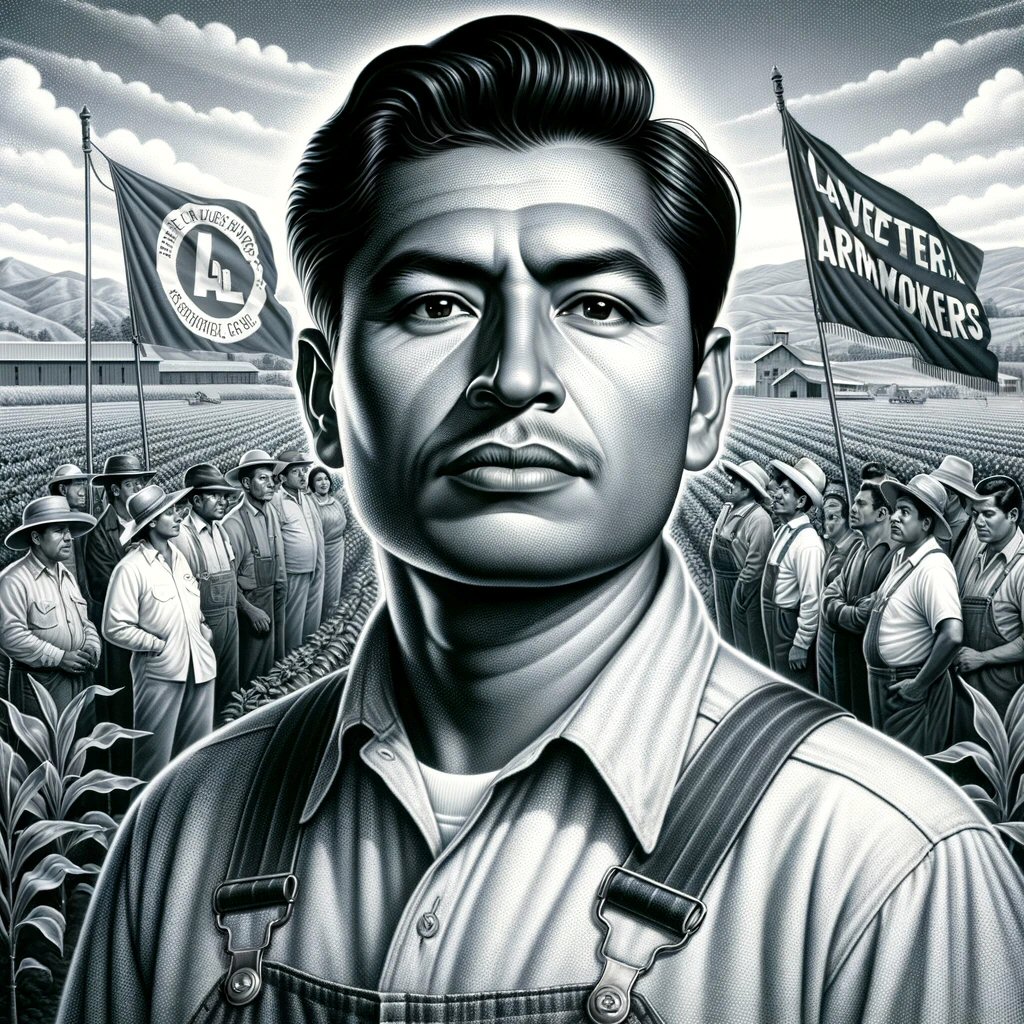 |
"Bias & Bigotry" |
||||
| More... |
Cesar Chavez was born on March 31, 1927, near Yuma, Arizona, to Juana Estrada and Librado Chavez, Mexican-Americans who owned a grocery store and a ranch. However, during the Great Depression, they lost their land and business, which forced them to become migrant farmworkers. This harsh reality defined Chavez's early life as he experienced the grueling conditions faced by laborers in the fields, which motivated his lifelong mission to improve workers' rights. After serving in the U.S. Navy during World War II, Chavez returned to a society that offered limited opportunities for Mexican-Americans and became a community organizer in the Latino civil rights movements. The social environment that Cesar Chavez navigated was marked by significant racial and economic inequality, particularly in the agricultural sectors of the western United States. Farmworkers, predominantly Mexican and Filipino immigrants, worked under oppressive conditions, lacked basic labor rights, and were subjected to racial discrimination. The plight of these workers was largely ignored by the broader American society, and labor laws at the time did not extend to farm laborers. In response to these injustices, Chavez co-founded the National Farm Workers Association (later the United Farm Workers union, UFW) with Dolores Huerta, aiming to unionize farmworkers for better wages and working conditions. Cesar Chavez's achievements in the face of these adverse conditions were monumental. He led numerous strikes and boycotts, the most notable being the Delano grape strike of 1965, which lasted five years and eventually led to a significant contract for the workers. Chavez's approach was fundamentally shaped by his commitment to nonviolent tactics, drawing inspiration from figures like Mahatma Gandhi and Martin Luther King Jr. His efforts brought national attention to the struggles of farmworkers, and he became a symbol of hope and resilience for laborers and civil rights activists. The legacy of Chavez's leadership is not only reflected in improved conditions for farmworkers but also in his enduring influence on labor and civil rights movements across America. Reference: Wikipedia.org |
||||
|
|
